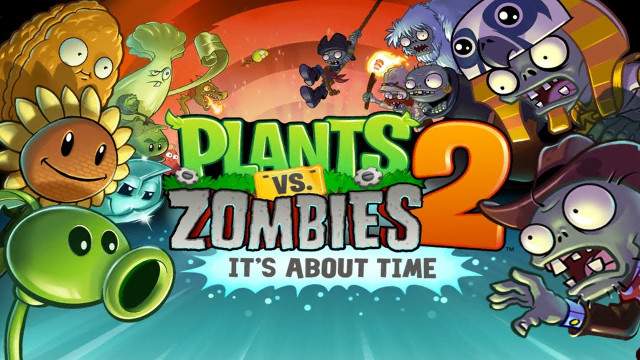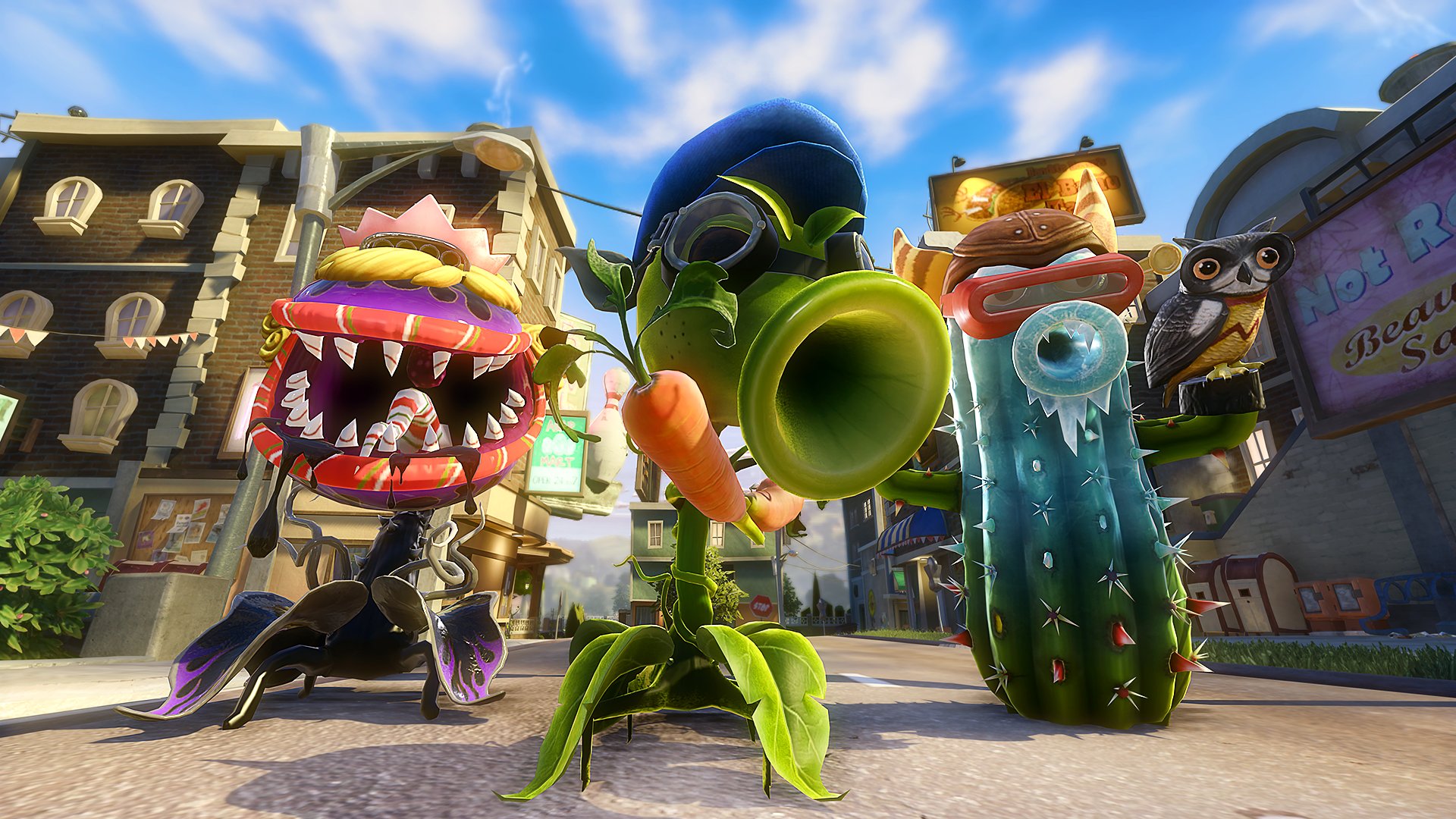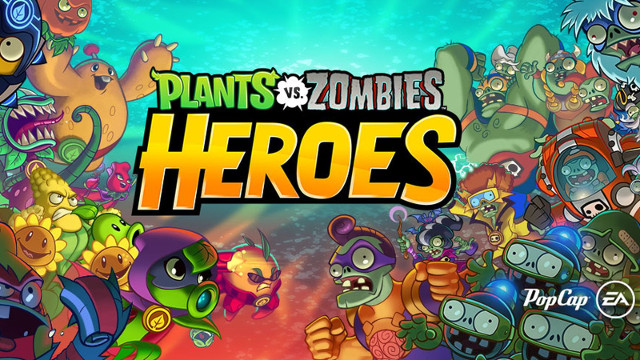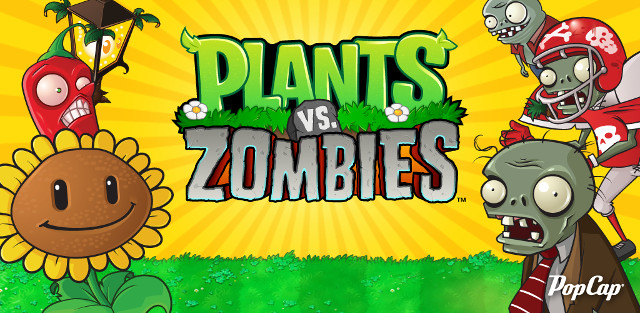Plants vs. Zombies was perhaps the first "water-cooler" game of the generation. Coming out of nowhere, PopCap's tower defense rode quirk and accessibility all the way to mainstream appreciation. People were finding ways to install the game on High School computers, as the game was then ported to mobile phones with a host of game awards under its belt. It truly was a sensation.
But today, as PopCap announced a round of layoffs from their Seattle offices, those days seem like a distant memory. Plants vs. Zombies 2 has been drowned out by other, bigger mobile games, such as Pokemon GO, or even Super Mario Run, while the series' shooting game Garden Warfare (making the loose play on Modern Warfare), didn't resonate like people hoped. While nothing indicates that these layoffs are due to poor performance by the Plants Vs. Zombies series as time went on, the once-popular tower-defense game is a perfect microcosm for them.
How did we get here?
Free-to-play mobile games are, however, incredibly profitable, and there's nothing to indicate that Plants vs. Zombies 2 didn't take in its fair share of that pie. PopCap, after being purchased by EA, did a bang-up job monetizing their tower-defense formula. Many plants were hidden behind a premium pay wall, and you could purchase bonuses for almost every situation. While this might have alienated their core audience, which carried over from the original Plants vs. Zombies, its core audience didn't even have a chance to be alienated by microtransactions
As studies on the gender make-up of mobile gamers vs that of PC and console gamers show, there's not a lot of intersection between the two. Most gamers who play on PC and console don't play too many mobile games. Most mobile gamers don't play too much on PC or consoles. Perhaps PopCap wasn't aware of that when it made the controversial decision to only release Plants vs. Zombies 2 on iPhone.

When faced with criticism about this months after this announcement, PopCap expressed their sincerest desire to make Plants vs. Zombies 2 even more accessible than the original. That was almost four years ago, and the only platform it has come to since then is Android.
This alienated the core Plants vs. Zombies audience by not even giving them a reasonable chance to play it. Sure, after it came out on Android, it surely was able to reach its core audience, but, as we've learned, mobile games don't have wide appeal when it comes to traditional console/PC gamers. PopCap essentially traded in its core audience for one more willing to shill out money over time rather than one-and-done purchases. Whether or not that worked, necessarily, is a secret hidden in EAs financials, but it certainly didn't help traditional gamers get on board.
Becoming Gardeners
Around the same time, PopCap announced Plants vs. Zombies: Garden Warfare, a bold, new direction for the series, taking on the framework of a multiplayer, third-person shooter. While intrigued, many hardcore fans of the series who had just been denied familiar access to Plants vs. Zombies 2 were also skeptical.

In 2015, Popcap boasted more than 8 million different people have played the game. While not as astronomical as Overwatch's 30 million, it's nothing to sneeze at. That being said, it overlooks the fact that the game had a free weekend in August 2014, and was actually given away for free on PS4 as part of 2014's PlayStation experience, so there was ample opportunity for inflation of those numbers.
The truth is that this was a huge investment, and it just didn't click. On its face, it was neither a Plants vs. Zombies title nor a typical multiplayer shooter, which called into question its core audience.
Future Growth?
As I said, this is a perfect microcosm for PopCap as a whole. It grew uncontrollably, went a little off track, and will now change. They said it in their statement: "PopCap Seattle isn't going anywhere – we're re-focused and re-engergizned."
"We'll keep working to deliver more for some of our existing Bejeweled and Plants vs. Zombies titles, but we're also going to try some new things, too."

Plants vs. Zombies: Garden Warfare 2 apparently already came out (thank you Wikipedia for saving me the embarrassment), so it's not entirely clear what PopCap is planning as far as Plants vs. Zombies go. If it is another true sequel, it could have potential depending on how they play it.
Plants vs. Zombies is now a shadow of its once-great self, and the series is at something of an impasse. With the recent release of the Plants vs. Zombies: Heroes card game that landed with much more of a whisper than a bang, no one knows what the series is going to look like in the future, but, by all accounts, it's still chugging along, for better or for worse.











